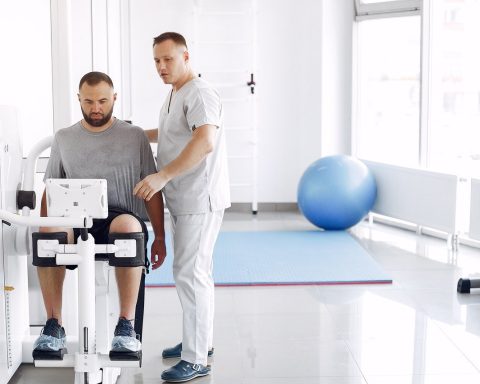People with substance abuse issues will often benefit from rediscovering an old hobby or learning a new one. Below are some of the reasons most mainstream rehab programs encourage patients to engage in hobbies during and after treatment. If you know someone with substance abuse issues, take time to find the best drug rehab center in your area, and find out why they recommend taking on hobbies as part of the rehabilitation process.
1.) They Can Provide Relief from Boredom
Boredom is a well-known path towards addiction and one of the biggest reasons many addicts relapse. Bored people are far more likely to experiment with using dangerous substances, which can put them at risk of being addicted. Without anything to do, people with a predisposition towards addictive behaviors may find themselves chasing the next high, whatever the source may be.
Even if an addict undergoes detoxification and their system no longer has any traces of their drug of choice in it, the alterations to the reward pathways in their brain are often permanent. If they already have a disposition towards addictive behavior, this combination can be especially challenging to deal with.
Sometimes, to avoid a relapse, the most important thing for a recovering addict is to keep busy. Engaging in a hobby, they find exciting things that can channel the addictive tendency towards something more constructive, or at least non-destructive.
2.) They can help prevent depression and anxiety
Whether as an underlying cause or as an effect of drug use, depression and anxiety are extremely common among recovering addicts. Having a hobby can do a lot to mitigate the worst effects of these conditions. While any hobby can help, hobbies that involve time outdoors, such as gardening or hiking, are particularly effective at reducing feelings of depression and anxiety, at least temporarily.
3.) Hobbies provide an outlet for expression and introspection
Most hobbies provide some way one can express themselves. This is true even in physical activities; you might not think of as creative or expressive such as running or yoga. Even hobbies that mostly involve collections are usually a way for the collector to express a specific part of themselves when they consciously choose to amass certain items.
Perhaps more importantly, hobbies also provide a way for one to think about himself and discover things that were not realized earlier. Even relatively social hobbies give plenty of opportunities for self-examination. This means they can help a recovering addict understand more about themselves as well as help them find some meaning of life.
4.) Some hobbies have a positive social aspect that can help recovery
Most recovering addicts feel a sense of isolation. In a sense, their addiction was their hobby, and the people they indulged with were their community. When they start on a recovery program, they become isolated and lose that sense of community they once shared with other users.
Thankfully, all popular hobbies have a strong social aspect to them. Even less-popular hobbies tend to have very tight-knit communities surrounding them. No matter how obscure the interests of a patient, there is likely a community out there that will take them in regardless of any past substance abuse issue.
5.) They can provide motivation and purpose
A recovering addict will have previously centered their lives around getting their drug of choice. When they are treated, they are rejecting their old way of life, which may leave a void that has to be filled. If they do not feel that they have a specific calling or purpose in life yet, having a hobby can be the next best thing for them.
Hobbies can provide a reason for recovering addicts to get up in the morning. It can also be a way they can enrich their lives as well as those of others. They provide reasons to get out of the house as well as a way to socialize with like-minded people. Many people even find hobbies to be a crucial part of their identity. Also, if a hobby isn’t exactly a “calling,” it’s still better to have one than to make addictive substances the foundation of one’s life.
Hobbies are a crucial part of many successful recovery programs for these and other reasons. As parts of human life that go above and beyond mere existence, they provide color and excitement to an otherwise unremarkable existence. They stave off boredom, provide an outlet for expressions, and a connection with a broader community. Perhaps most importantly, hobbies can help recovering addicts regain the purpose and confidence they need to face day-to-day life








